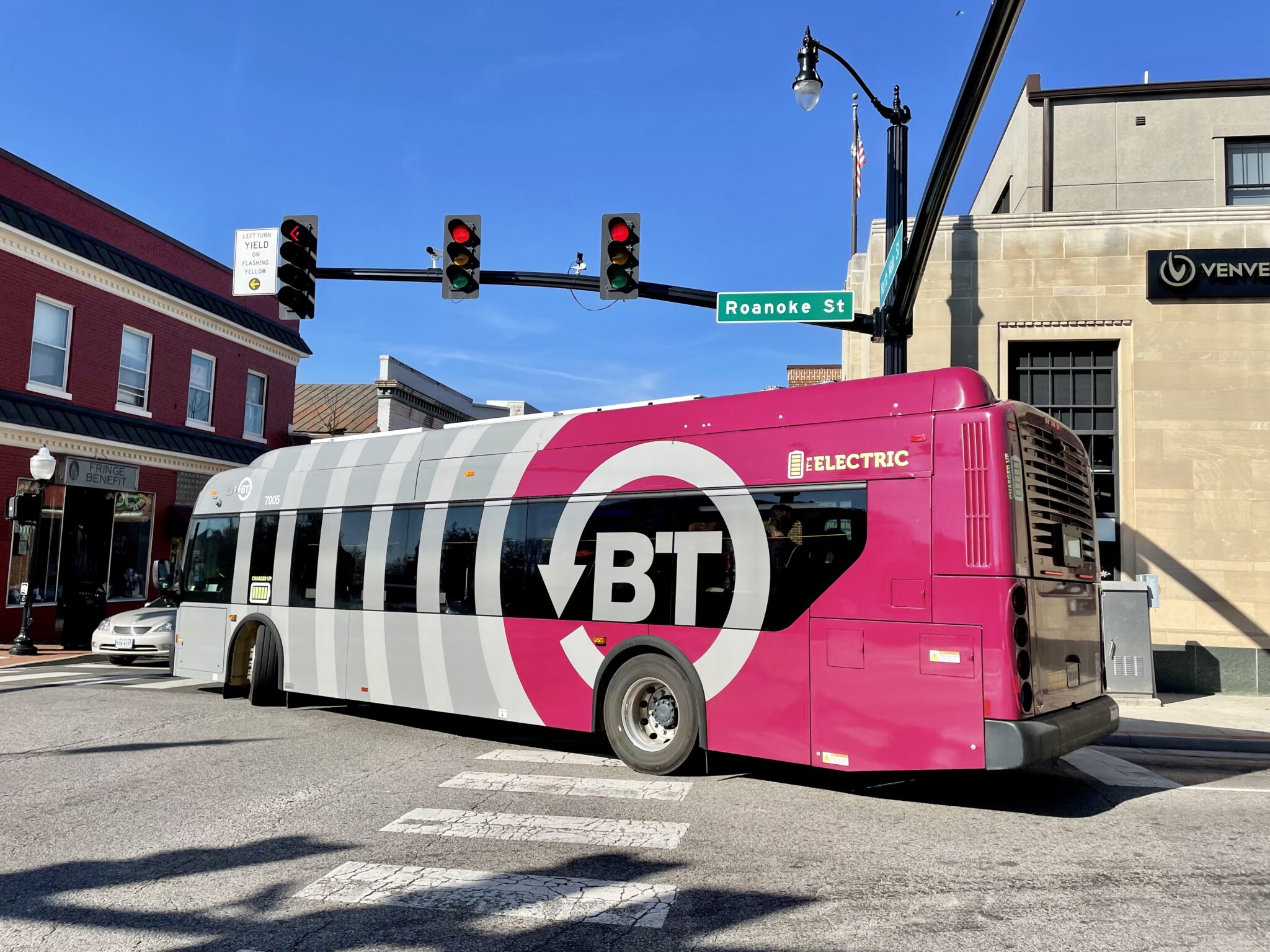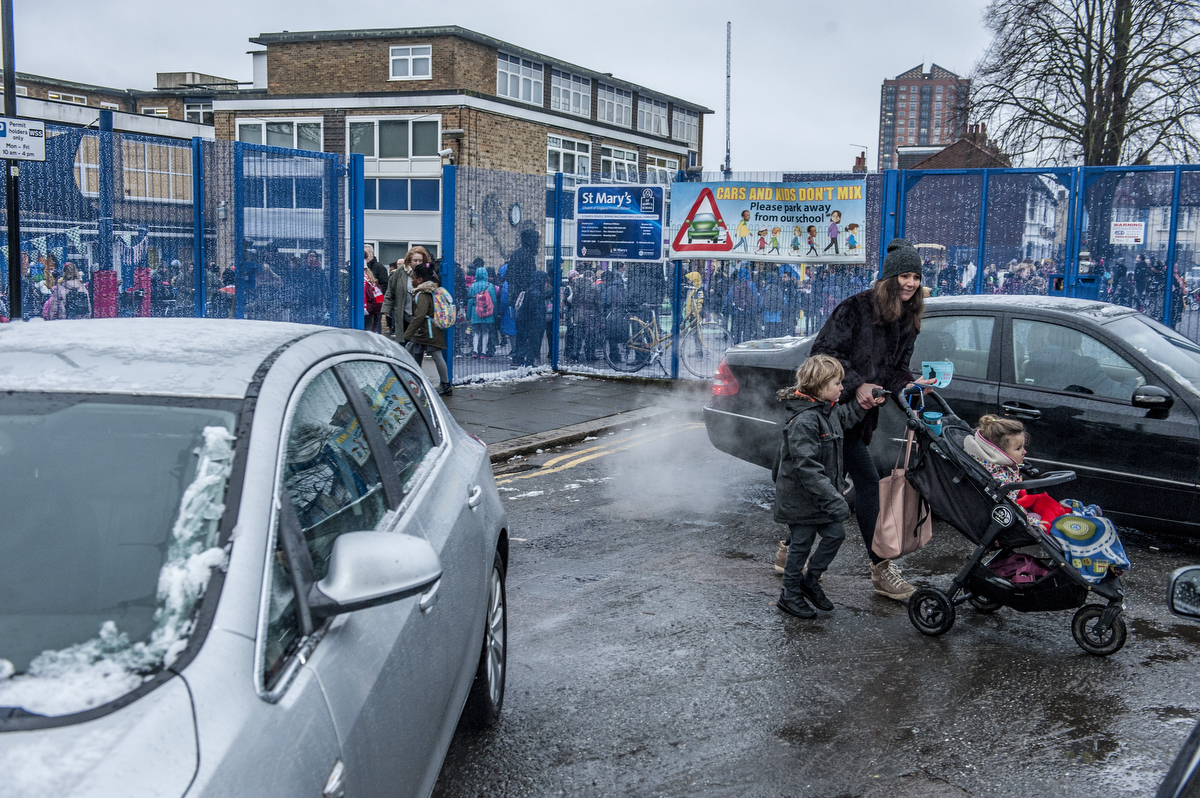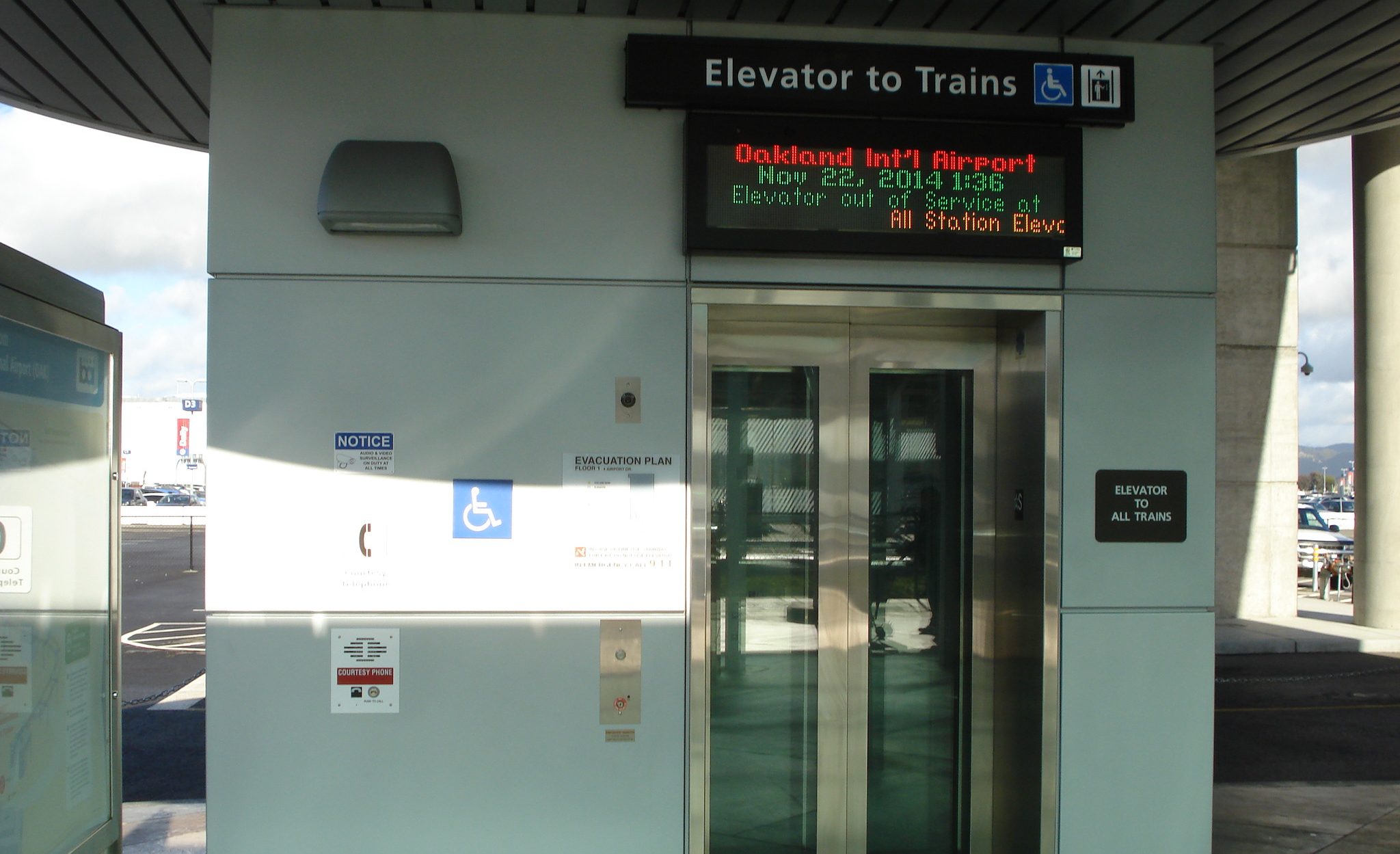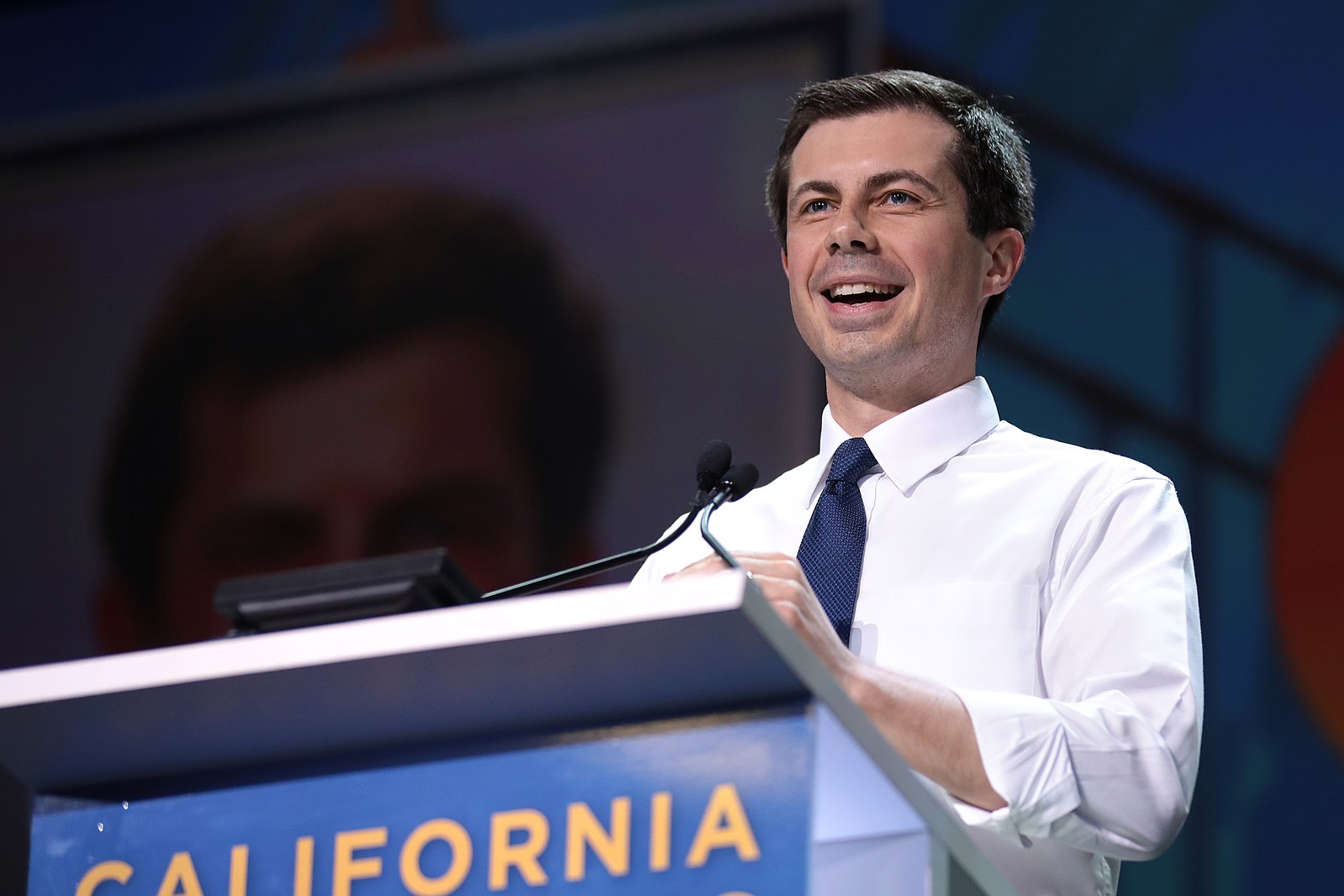Vice President Joe Biden will return to his home state of Delaware today to announce that California car company Fisker Automotive will reopen a shuttered General Motors plant to build a moderately priced plug-in hybrid that goes by the code name Project NINA.
Fisker's investment in the Delaware plant was made possible by a $528 million loan from the U.S. Department of Energy, which has offered $8.5 billion since June to producers of plug-in hybrids.
When that $8.5 billion is combined with the DoE's $2.4 billion in stimulus grants to car battery producers, Bloomberg notes that the Obama administration's total investment in low-emissions autos has topped $11 billion in six months -- about $500 million more than the annual budget of the Federal Transit Administration.
The DoE loan to Fisker has attracted its share of media scrutiny, with the Wall Street Journal suggesting that former Vice President Al Gore's backing helped the company win government support.
Henrik Fisker, CEO of his namesake company, responded that the loan was conditional and "will be repaid, with interest, to the American taxpayer," telling critics of the NINA cars' $40,000 price tag that "any new technology is expensive."
Fisker also noted that this year's $11 billion haul is just the beginning of Washington's investment in hybrid electric cars -- the market for which remains unproven. During the hectic days of last fall's financial bailout, Michigan lawmakers secured enough funding to guarantee $25 billion in loans for makers of more fuel-efficient cars. (By way of comparison, the U.S. DOT estimates that the nation's transit networks need $50 billion to get their equipment into a state of good repair.)
The loans to Fisker and Tesla, which got $465 million from the DoE in June, come from that $25 billion pot. And the government gave the hybrid automakers an undeniably good deal -- interest rates as low as 5 percent, compared with up to 20 percent on the private market, and a repayment window of 25 years.
Will the government's growing subsidies to automakers dissuade conservatives from claiming that transit is the nation's only subsidized mode of transportation? The chances aren't good.





